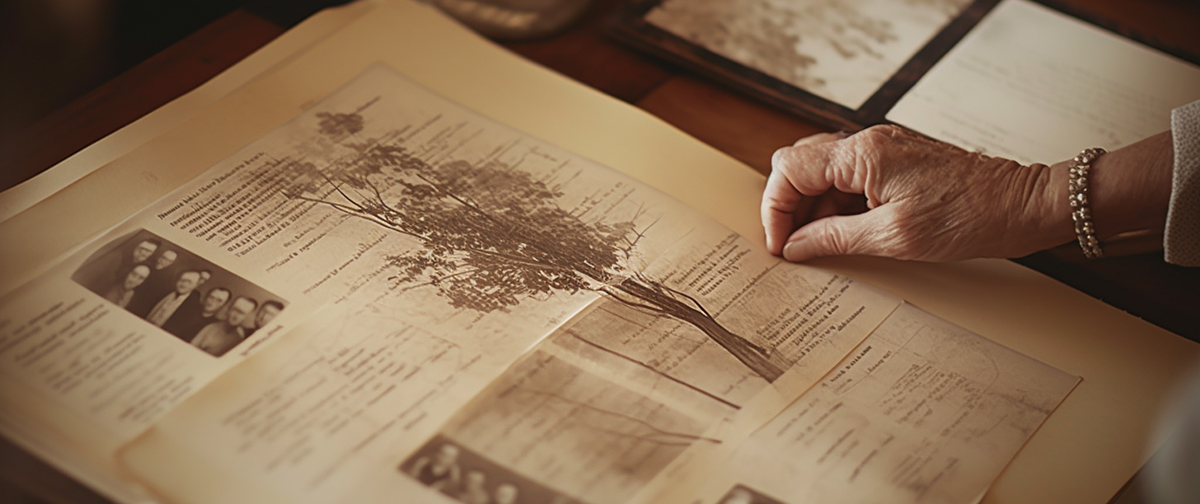
Excerpted from:
Nancy A. Peters, “Research Reports,” Elizabeth Shown Mills, ed.,
Professional Genealogy: Preparation, Practice & Standards
(Baltimore: Genealogical Publishing Co., 2018), 417-450.
Genealogists conduct research. They must then communicate the results. Professional researchers are judged not only by the outcome of their investigation, but by how well they present their findings through their primary work product—the research report.
Definition
A research report is a written, detailed account of an investigation whose purpose is to determine facts or develop conclusions about a specific subject. The investigation can involve a new inquiry or continue ongoing work. A research report contains details about
- the subject,
- the specific research question or problem,
- the available and consulted resources,
- the information found (or not found but expected) in each source, and
- The analysis and problem resolution, or suggestions for next steps If the problem was not fully resolved.
Forms of Reports
A research report can take one of two forms: a letter report or a formal report. The form we select depends on the type of research activity, scope, and personal preference. Both report forms are professional. Both call for correct grammar and punctuation. Both are concise, organized, and expressed in a professional tone. Both observe the standards of the field and general characteristics for completeness and accuracy.
Letter Report
The letter report can be written as a letter, email, or memorandum and is typically just a page or two. Some might call this an “informal” report; however, this form still encompasses professional standards and is not informal in language or grammar. Letter reports have a friendly tone and can use the first- or second-person point of view . . . but are still businesslike and meet standards of reporting. This form is usually best for a quick project, such as a record retrieval, or for limited findings. It is a good choice for librarians, society volunteers, and record agents who provide limited search services. A letter report can be personable, using our own style and voice, but still be businesslike and professional.
Formal Report
A formal report runs to several or many pages. It is typically used for a research session that is complex, long in duration, or extensive in scope. The tone is formal, usually takes the impersonal third-person point of view (he, she, it). Some researchers include a friendly cover letter when transmitting a formal report to a client. The cover letter serves to personalize the client communications without altering the businesslike formality of the report.
A formal report contains background information, a substantial body, a summary of findings, and attachments as needed. This form works best for inquiries that require problem analysis, research planning, and problem solving. A formal report is adaptable to a range of assignments. Its multiple elements can include a variety of supplemental appendixes, charts, and document exhibits. For this multi-page structure, headers and footers that identify the work—author, subject, date, page number, and total count—are important safeguards when a page gets separated from the report.
A research report is expected to provide a full and detailed account of an investigation of a problem or question about a subject. Reports preserve and share findings and can be used as the basis for further work that advances our knowledge of persons and events of the past. Documenting what we use and find is an integral part of the research process. Content from reports provide the foundation for many other types of genealogical writing—from narrative biographies, case studies, and proof arguments to genealogies and compiled lineages. Whether we are professional genealogists, family historians, librarians, or volunteers, we are judged by the quality of our written work. We strive to produce excellent reports that reflect thorough and accurate research and well-reasoned, clearly written conclusions. Applying the standards of the genealogical field along with fundamental principles of good writing keeps us on the path to that goal.


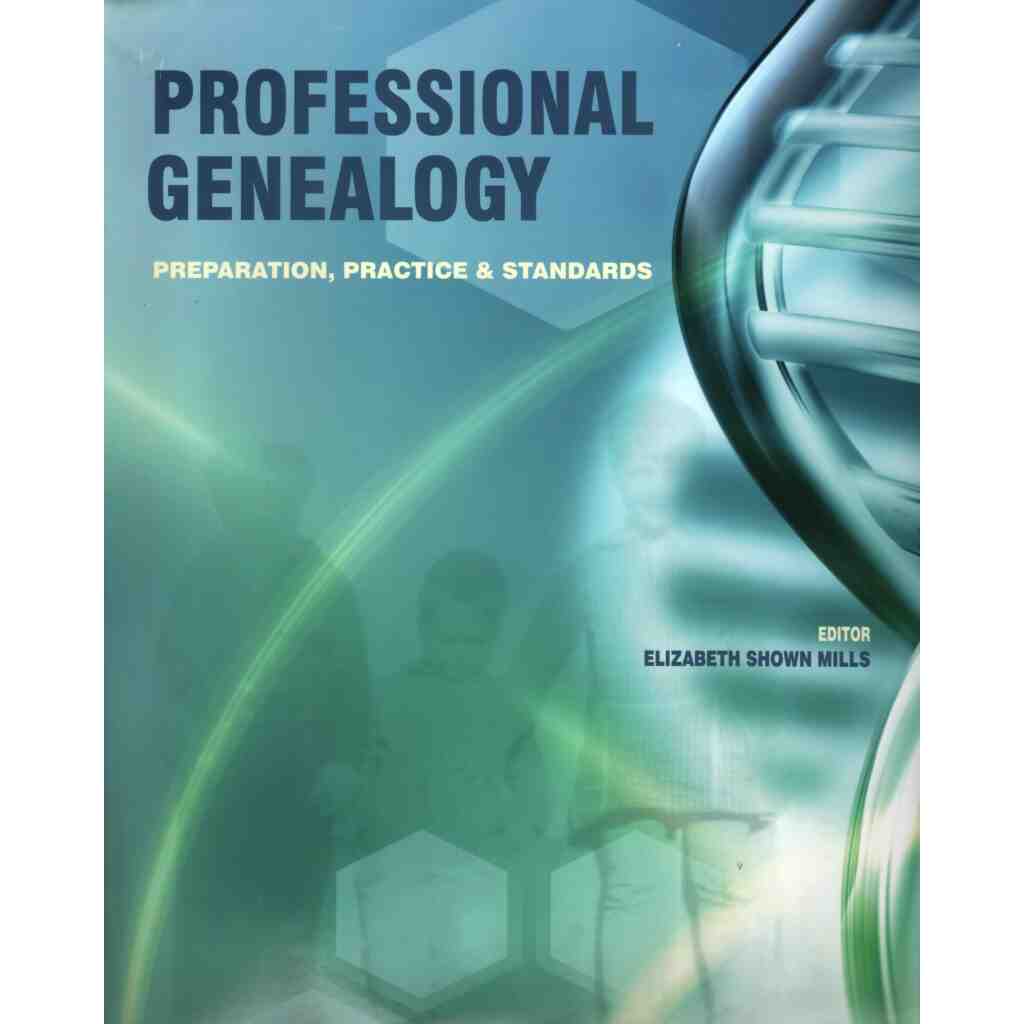
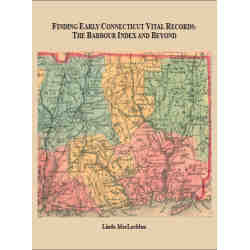
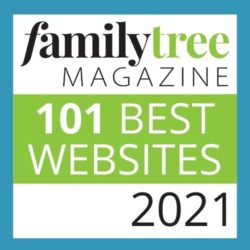
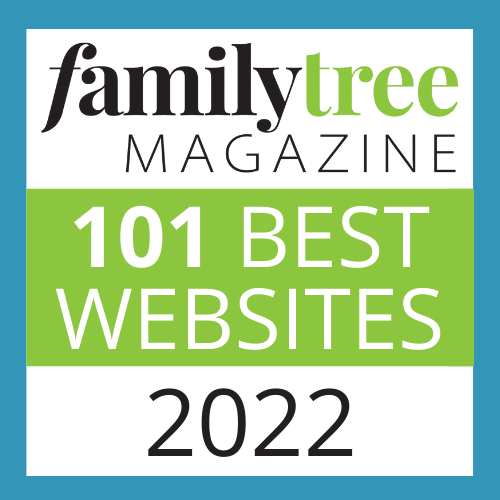
I have had excellent reports sent to me for which I contracted, but . . . . Increasingly, I find that I need to equip myself for my own research. I never get quite the answers I need–I’ll allow that perhaps they are not to be found. I accept that. I would like to enroll in courses to learn to do my own research. I am frustrated by my own lack here. In particular, I am frustrated by the lack of precision in the answers, that my take many hours to uncover–I’ll allow that also.
In particular, I have very precise Y DNA which points to an African origin in relatively recent history, perhaps the last 2-300 years. The geography is narrowed down to a precise area. The Y DNA matches with a surname strongly that is not my own and I know there has to be an NPE origin. To discover that origin, would require an in depth search of the archives, legal records, court documents, land records.
Is there a course in hands-on research? I have spent thousands and don’t get the answers, except for fancy reports that come “close, but no cigar.” I am not knocking these folks–they have been excellent, but I feel the need to equip myself in retirement with some expertise, some course work. Any suggestions. Billy Cale, MD retired.